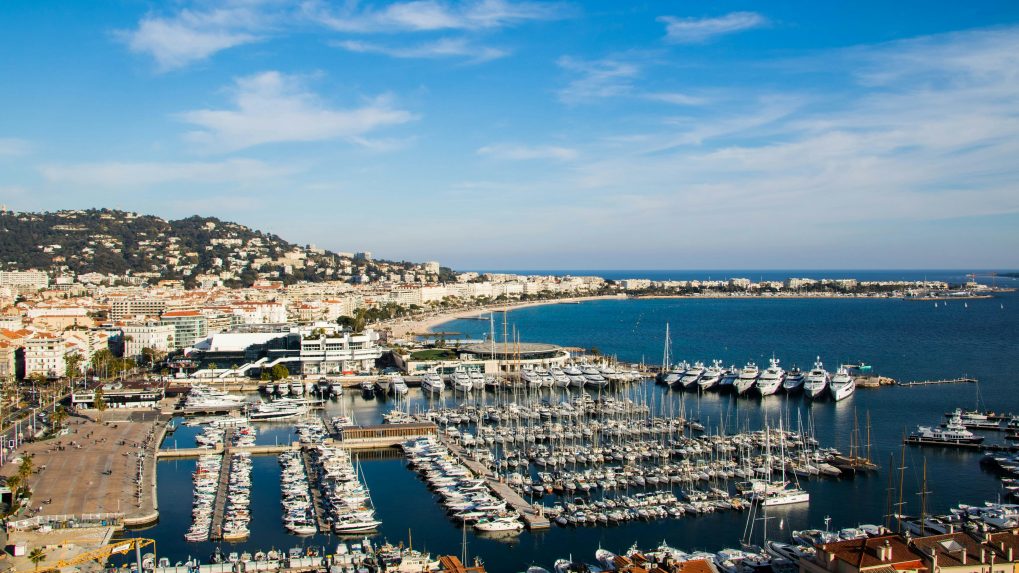The game of Cannes: The longest running mega series
While the advertising industry is awarding each other and congratulating the ‘winners’ on the metal count while sipping copious quantities of the pink beverage, marketers around the world are like kids at a Toys R Us store trying to get AI (machines) to make their next ad campaign, writes Anil S Nair, Co Founder of Deepspot.Ai.
ADVERTISEMENT
By Anil S Nair
This morning, I came across an article in the Storyboard where critics ripped into recent Cannes Lions-winning campaigns from India: Britannia’s ‘Nature Shapes Us’ and Indian Railways’ ‘Lucky Yatra.’ The credibility of both campaigns has been questioned to the extent they are labeled “scam” or “sham.” Apparently,
"This growing pattern of “scams” has reignited debate over ethical responsibility — of clients, agencies, and award platforms alike in separating meaningful work from mere optics."
The first thought that crossed my mind was: Why pick on the new bees when the whole industry worldwide has built its ‘creative muscle’ showcasing its metal count at this event for decades? And has anyone won any Cannes award on real work in the last decade, at least?
For decades, the pecking order of reputation in the global advertising industry was set on the basis of performance at this 7-day French Riviera sojourn. Humans were lionized based on the metal figurines one collected.
Finally, India accepted the fact that there is no correlation between the ‘work that works’ and the ‘work that wins,’ and started to cough up the massive amount of moolah required to enter, lobby, and participate in this festival of commerce (although the organizers cleverly call it the festival of creativity). The rules would be set early, themes identified, and the code would be cracked. It was never about real work or any real brief; it had to be about the “big problems” like poverty, child malnutrition, environment, the refugee crisis, or even world peace. Plebeian challenges like making a business grow, building a brand, or turning around a reputation challenge had no place in this festival.
As a former CEO of an advertising agency in India, I too have played this game in the past. After years of watching India’s Cannes tally resembling our Olympic medal tally, I saw some green shoots in the mid-2010s and more than an occasional gold against India’s tally (yet another clever ploy used by the organizers to bring national pride into the game). I then gathered enough courage to invest a vast sum of money, block valuable creative resources for weeks together, crack an idea, retrofit a brief, find a client, make the case video, enter the awards, and send a ‘large’ delegation, win a few metals… and repeat this at scale year after year. There are some expensive display items on the agency boardroom shelf for this effort and, of course, some careers that got the boost (who then went on to the next highest bidder).
The truth is that this is a cunningly successful business model managed by Ascential, a British company specializing in events, data, and analytics. Ascential acquired the festival in 2004 from French businessman Roger Hatchuel, who had been managing it since 1987. In 2024, Ascential was acquired by Informa, and the Cannes Lions Festival was moved to Informa’s Festivals division. For over 20 years, Ascential, and now Informa, has built a brand which makes the world's best brand builders come, spend an incredible amount of money, award each other some metal pieces, sip barrels of Rosé wine over the week, and return home to make plans to spend more money next year.
Finally, when Indians started to win, playing by the rules set by the global ad creative community, let’s not get all touchy and virtuous. This is not a real world but a made-to-order world. And in this hamam (or, in this game), everybody was naked, is naked, and will be naked.
The funny thing is, while the advertising industry is awarding each other and congratulating the ‘winners’ on the metal count while sipping copious quantities of the pink beverage, marketers around the world are like kids at a Toys R Us store trying to get AI (machines) to make their next ad campaign. The metal lions are not going to save anyone from the imminent extinction drama awaiting them not very far into the future. However, what is certain is that Informa will happily launch a new edition of ‘Festival of Machine Creativity’ so that their business survives even if their current customers don’t.
Anil S Nair is the Co Founderof Deepspot.Ai. Views expressed are personal.


